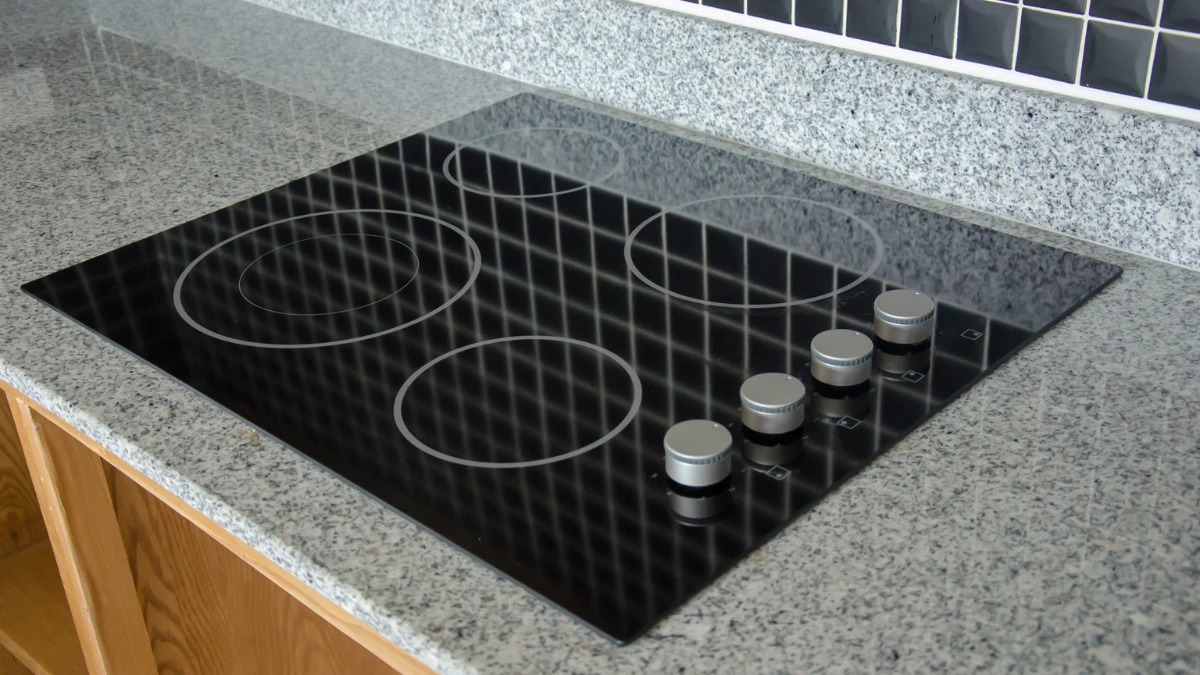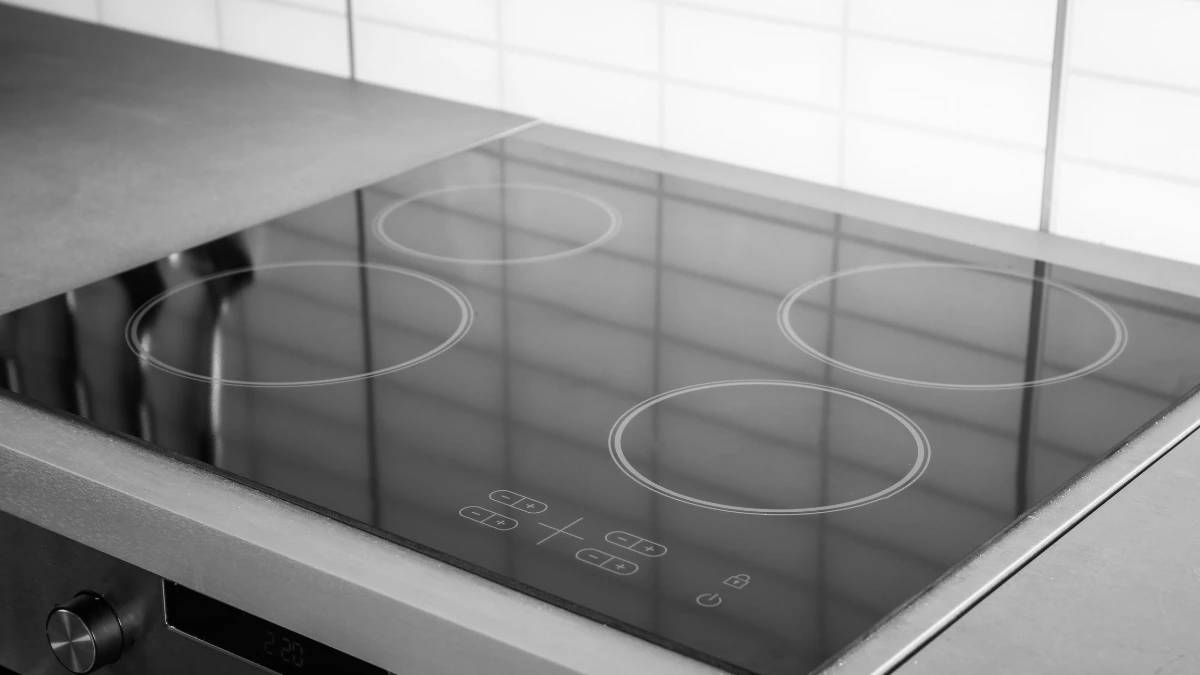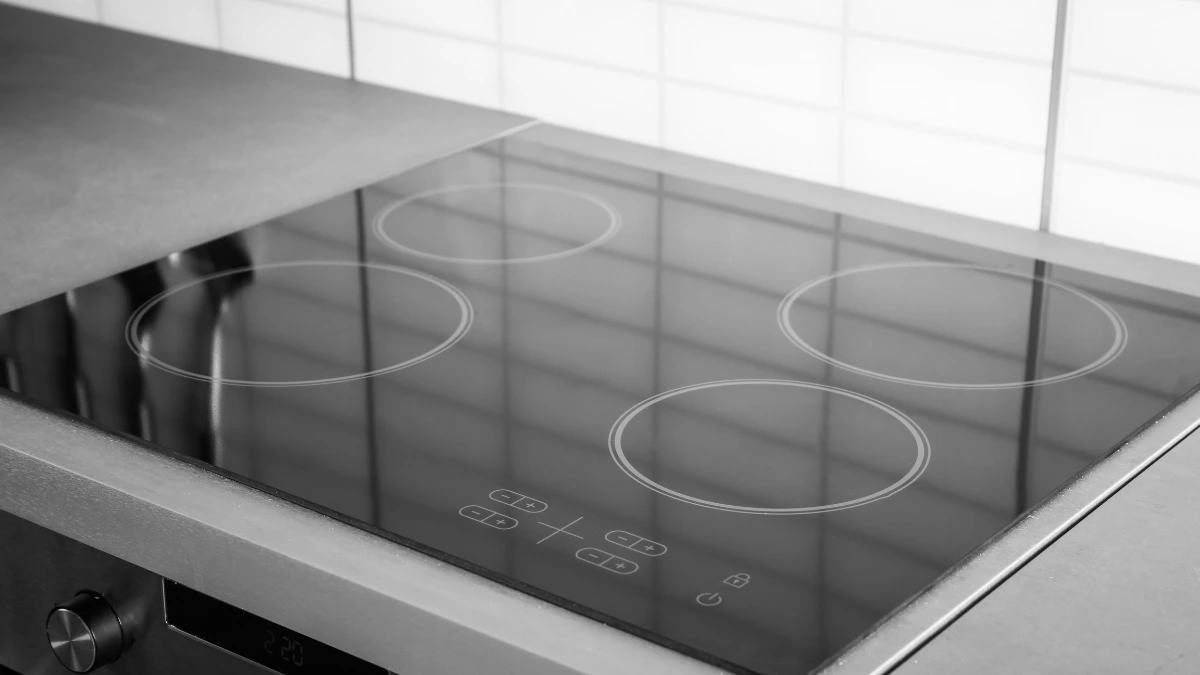In today’s digital era, many household needs have been integrated by the smart home, one of which is the smart induction stove.
Providing convenience and comfort, the smart induction stove has many features that help efficiency to increase the safety of use.
This article will discuss the smart induction stoves from the definition, how they work, features, advantages, and regulations in Indonesia.
What is a Smart Induction Stove?

A smart induction stove is a stove designed in accordance with the times. This stove can be connected to your smartphone, allowing all controls on the stove to be set remotely.
The ease of use of a smart induction stove is coupled with its features, including temperature control, cooking time, and automatic cooking. With these features, you don’t need to worry about your food burning even though you are doing other activities away from the stove.
How Does it Work?
In principle, the smart induction stove works using an electromagnetic field to deliver heat to the cooking device. Here is how it works in detail:
- Conducting electricity: Through the electromagnetic field, an alternating electric current is conducted through the copper wire of the stove.
- Induced electricity: Through the magnetic field, the induced electric current then conducts heat to the cooking lat.
- The cookware heats up: The electric current combines with the iron electrical resistance of the cooking appliance, allowing your pan or skillet to heat up.
- Wireless device operation: All forms of operation of this stove such as turning on, turning off, and adjusting the heat level can be set through your connected smartphone.
The Features

Here are some excellent features of the smart induction stove:
- Pan Detector: This feature will detect the presence of cooking utensils on the stove, thus avoiding wasteful use.
- Child Lock: With this feature, you can set to lock the buttons of the stove so that it cannot be operated by children.
- Automatic Timer: With this feature you can set the cooking time, thus avoiding burnt or forgotten dishes.
- Notification: When the food is cooked you will receive a notification so you can immediately know that the food is ready to be served.
The Advantages of Smart Induction Stove
Using a smart induction stove will provide several advantages from ease of use, energy efficiency, and safety, to comfort. Here are some of the advantages of a smart induction stove:
1. Ease of use
The main advantage of this smart stove is its ease of use. With a variety of features that are featured, of course, it makes cooking easier. Connection with a smartphone also provides convenience with remote control capabilities. With this smart stove, you don’t need to worry about burning food, because there is an automatic shutdown feature when the food is cooked.
2. Energy efficiency
Energy efficiency is another advantage of this smart stove. With an automatic feature that will turn off when the food is cooked, of course, it will reduce waste. The temperature control feature is also a factor that reduces the waste of energy generated from this stove.
3. Increased safety
An important advantage of this stove is safety. With automatic features, of course, your kitchen is safe from the possibility of fire. The child lock feature also increases security to avoid the stove being played by children.
4. Comfort
With all the features of this smart stove, of course, you will feel comfortable using it. You can calmly leave the kitchen to do other activities without having to worry about burning your food or the possibility of fire.
The Regulation in Indonesia

Smart induction stove uses communication technologies such as Bluetooth or WiFi that operate within a specific frequency spectrum. In Indonesia, any Bluetooth or WiFi-based wireless device is required to have DJID (Directorate General of Digital Infrastructure) under the Ministry of Communication and Digital (KOMDIGI).
Smart induction stove regulations are based on KEPMEN No. 260 Tahun 2024 and No. 12 Tahun 2025, which require all Bluetooth or WiFi-based devices to meet specific technical standards before being sold in the country.
The DJID certification ensures that the product meets government safety and quality regulations and does not interfere with other communication devices. The certification process involves technical testing, such as frequency adjustments, safety checks, and compatibility with the surrounding environment.
Once the tests are completed, products that pass are listed in a Test Result Report, which confirms that the product is safe and ready for sale in Indonesia. This report reassures customers that the product meets technical standards and is secure.
For companies wanting to sell smart induction stoves in Indonesia, we are available to assist with this process. This service includes preparing technical and legal documents, conducting required testing, ensuring compliance with regulations, helping companies streamline the certification process, and giving consumers confidence in certified products. [UN]

